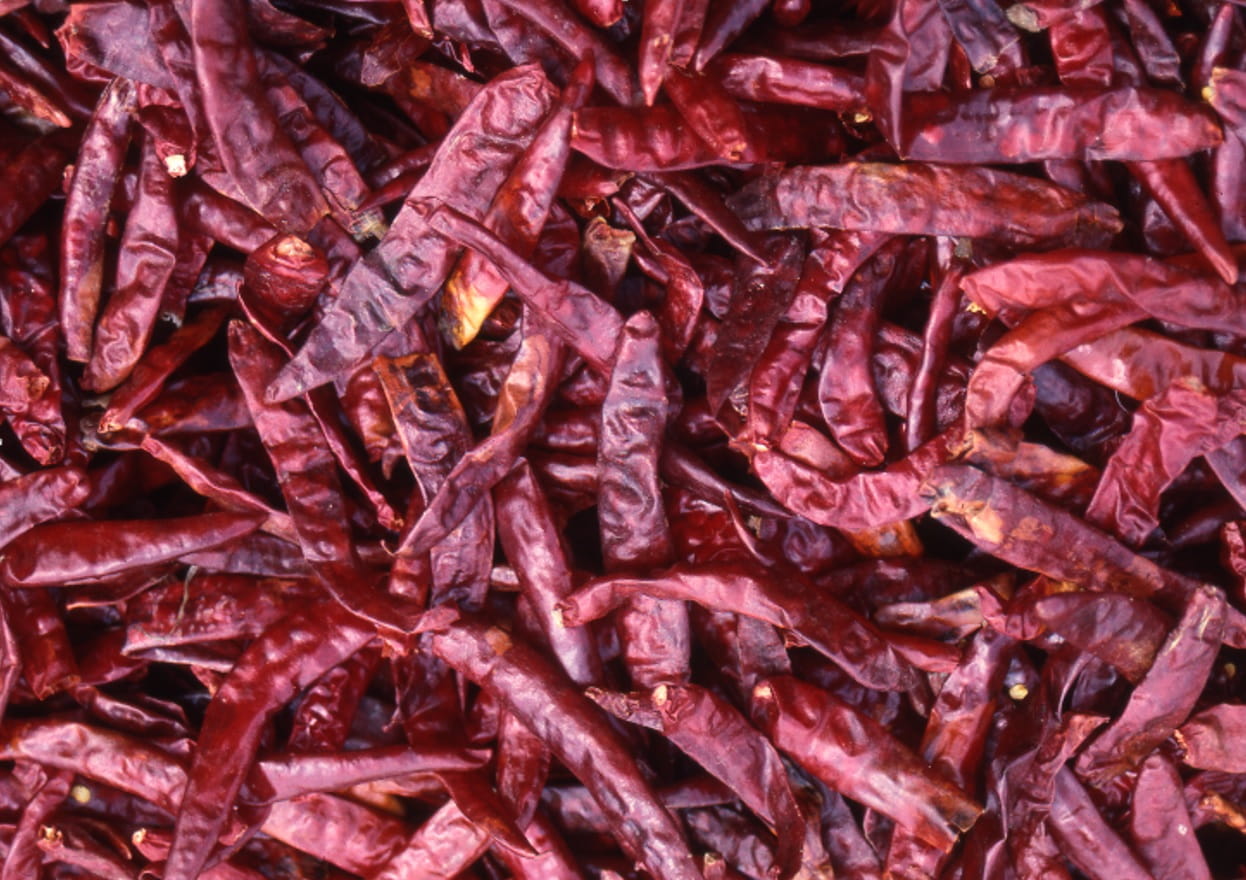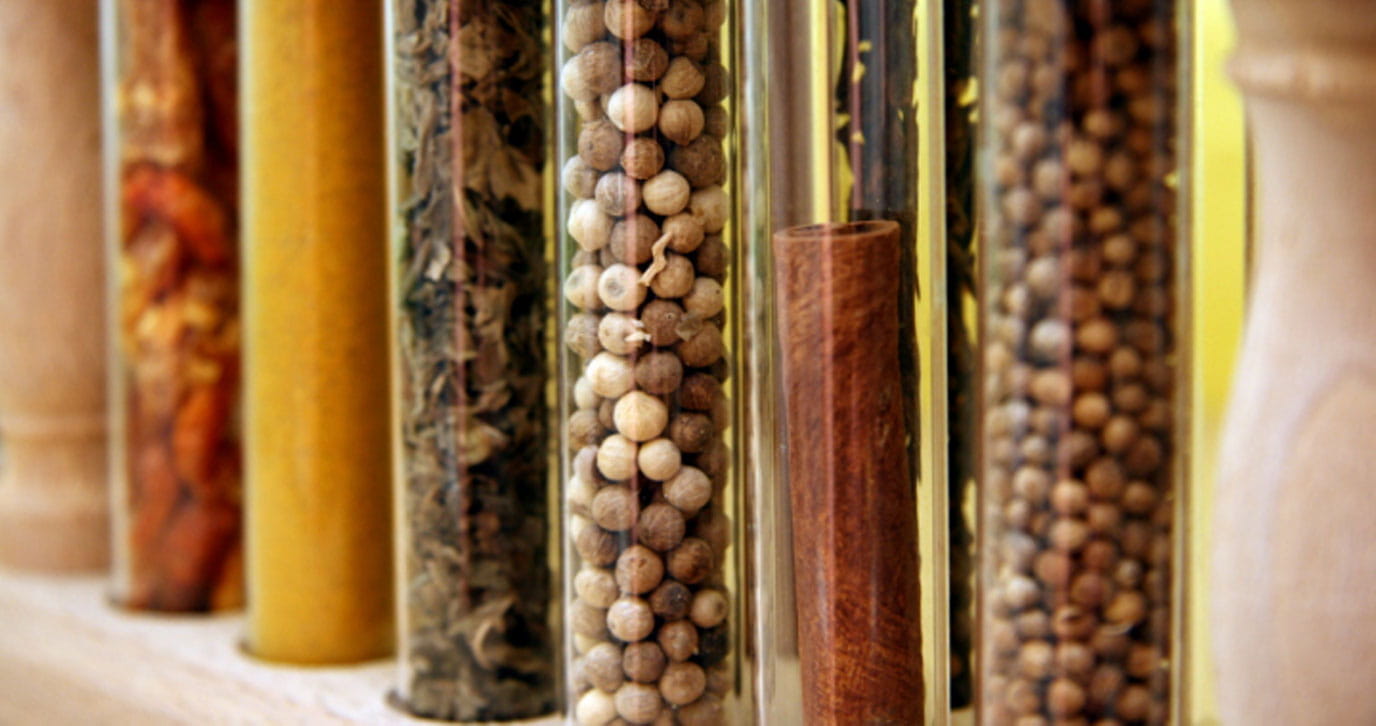November, 2024
Nutrition Education in Primary Care: Comparing Video vs Handout InterventionsRed Pepper, Thermogenesis and Appetite
Ludy M and Mattes R

March 2011-- A crossover study, funded by the McCormick Science Institute, looked at preferred levels of red pepper consumption on energy metabolism, satiety and other parameters among 25 lean men and women aged 19 to 28. Download the PDF
Overview
The objective of this study was to evaluate the effects of hedonically acceptable red pepper (RP) doses served at a single meal in healthy, lean individuals on thermogenesis and appetite.
Methods
Twenty-five lean men and women aged 19 to 28 who were spicy (N=13) or non spicy (N=12) food users participated in a randomized crossover study. The subjects first identified their hedonically acceptable dose of red pepper (RP) added to tomato soup. They were then randomized to one of six treatments. Tomato soup containing a standardized dose of RP (1g) or no RP was administered after subjects had consumed a high-fat or high-carbohydrate run-in diet for three days. In addition, subjects who had consumed their habitual diet were given their preferred dose of RP either in soup or in capsules. Energy expenditure, core body and skin temperatures and appetite ratings were determined during the following 4.5 hours. At that time, ad libitum energy intake from a macaroni and cheese meal was determined.
Results
Postprandial energy expenditure and core body temperature were greater and skin temperature was lower, after test loads with 1 g RP than with no RP. Respiratory quotient was lower after the preferred RP dose was ingested orally compared to capsule form. For the ad libitum meal, energy intake was lower after test loads with 1 g RP than no RP in non-users (but not in RP users). Preoccupation with food, and the desire to consume fatty, salty, and sweet foods were decreased more in non-users than users after a 1 g RP test load.
Conclusions
The data indicate that consumption of acceptable RP doses served at a single meal enhance thermogenesis and moderate orexigenic sensations in healthy, lean individuals. The effect is greater in those who do not use red pepper (as compared to those who regularly use red pepper). While the effects were small, the findings suggest that culinary dosages of red pepper in food may help with weight management.






